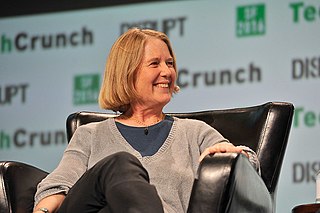A Quote by Dee Hock
We are now at a point in time when the ability to receive, utilize, store, transform and transmit data - the lowest cognitive form - has expanded literally beyond comprehension. Understanding and wisdom are largely forgotten as we struggle under an avalanche of data and information.
Related Quotes
Data isn't information. ... Information, unlike data, is useful. While there's a gulf between data and information, there's a wide ocean between information and knowledge. What turns the gears in our brains isn't information, but ideas, inventions, and inspiration. Knowledge-not information-implies understanding. And beyond knowledge lies what we should be seeking: wisdom.
There is so much information that our ability to focus on any piece of it is interrupted by other information, so that we bathe in information but hardly absorb or analyse it. Data are interrupted by other data before we've thought about the first round, and contemplating three streams of data at once may be a way to think about none of them.
Intelligence is the capacity to receive, decode and transmit information efficiently. Stupidity is blockage of this process at any point. Bigotry, ideologies etc. block the ability to receive; robotic reality-tunnels block the ability to decode or integrate new signals; censorship blocks transmission.
Random search for data on ... off-chance is hardly scientific. A questionnaire on 'Intellectual Immoralities' was circulated by a well-known institution. 'Intellectual Immorality No. 4' read: 'Generalizing beyond one's data'. [Wilder Dwight] Bancroft asked whether it would not be more correct to word question no. 4 'Not generalizing beyond one's data.
































